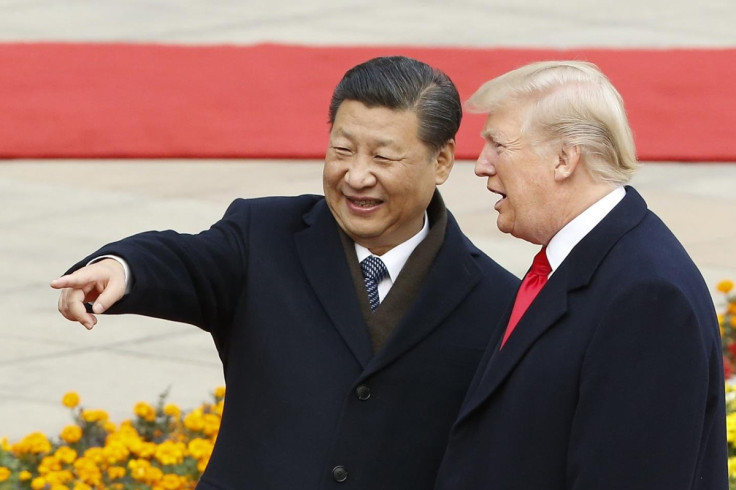US-China Trade Pact Teeters: Rare-Earth Exports Threaten Explosive Rift
US Treasury Secretary Scott Bessent called the delay 'a clear violation' of the agreement, warning of 'severe consequences'.

A fragile US-China trade truce, brokered in Geneva on 11 May 2025, is on the brink of collapse as China delays promised rare-earth exports to the US.
The Wall Street Journal reports that Beijing's failure to approve export licences for critical minerals, vital for semiconductors, electric vehicles, and defence systems, has sparked accusations of bad faith, threatening to reignite the trade war.
With China controlling 90% of global rare-earth processing, this standoff could cripple US industries and escalate tensions, as both sides dig in over tariffs and technology.
Demand Swift Export Approvals
The Geneva pact, hailed as a temporary détente, saw China agree to lift export curbs on seven rare-earth elements, including dysprosium and samarium, critical for US fighter jets and AI chips.
In return, the US paused 10% blanket tariffs on Chinese goods. Yet, as of 31 May 2025, China's Ministry of Commerce has stalled licence approvals, citing new US chip sanctions as justification, per the same Wall Street Journal report.
US Treasury Secretary Scott Bessent called the delay 'a clear violation' of the agreement, warning of 'severe consequences'. On X posts, sentiment is fiery, with @esaagar warnings of 'zero US stockpiles' leaving industries vulnerable.
China's export controls, first imposed on 4 April 2025 in retaliation for Trump's tariffs, halted shipments, causing a 20% price spike in rare-earths like gadolinium, per Reuters.
The delay in resuming exports risks choking US defence firms like Lockheed Martin, which rely on these materials for missile systems.
Protect Vulnerable Supply Chains
The US's dependence on China's rare-earth dominance, 70% of global mining and 90% of processing, exposes a glaring weakness. CNBC reports that the US lacks the capacity to fill the shortfall, with domestic production years away.
The Center for Strategic and International Studies (CSIS) warns that a prolonged export halt could disrupt supply to over a dozen US defence and aerospace firms, threatening military readiness. 'China's stranglehold gives them a crucial advantage,' said William Matthews of Chatham House, highlighting risks to semiconductors and electric vehicles.
US firms are scrambling. Tesla, which sources 60% of its rare-earths from China, faces production delays, while Apple warns of higher iPhone costs. On X, @CalltoActivism called the export halt 'a direct strike' at US technology, blaming Trump's tariff escalation.
The Biden-era push for alternative supplies in Australia and Greenland has yet to yield results, leaving the US exposed.
Push for Strategic Alternatives
The trade pact's unraveling underscores the need for US self-reliance. The Trump administration is exploring deals with Ukraine and Greenland for rare-earth supplies, though these face logistical and geopolitical hurdles, per The Guardian.
A £2.4 billion ($3.2 billion) investment in domestic mining, announced on 15 May 2025, aims to reduce reliance, but experts like Fabian Villalobos at RAND warn it could take a decade to scale. Meanwhile, China's licensing system gives Beijing leverage to target specific US firms, potentially blacklisting defence contractors, per CNBC.
Allies like Australia are ramping up rare-earth production, but their output,5% of global supply, can't match China's scale. 'This is China's chosen weapon,' Villalobos told Time, noting Beijing's history of using export bans, as in 2010 against Japan.
Trade War Ticking Time Bomb
China's rare-earth gambit threatens to detonate the US-China trade truce, with billions in economic output and US military readiness at stake. Trump's tariff strategy, meant to bolster American manufacturing, now risks backfiring as Beijing wields its mineral monopoly.
The US must diversify supply chains and fast-track domestic production, or face a crippling blow. This trade war's next chapter could be explosive, but innovation and diplomacy are the only paths to defuse it.
© Copyright IBTimes 2025. All rights reserved.





















